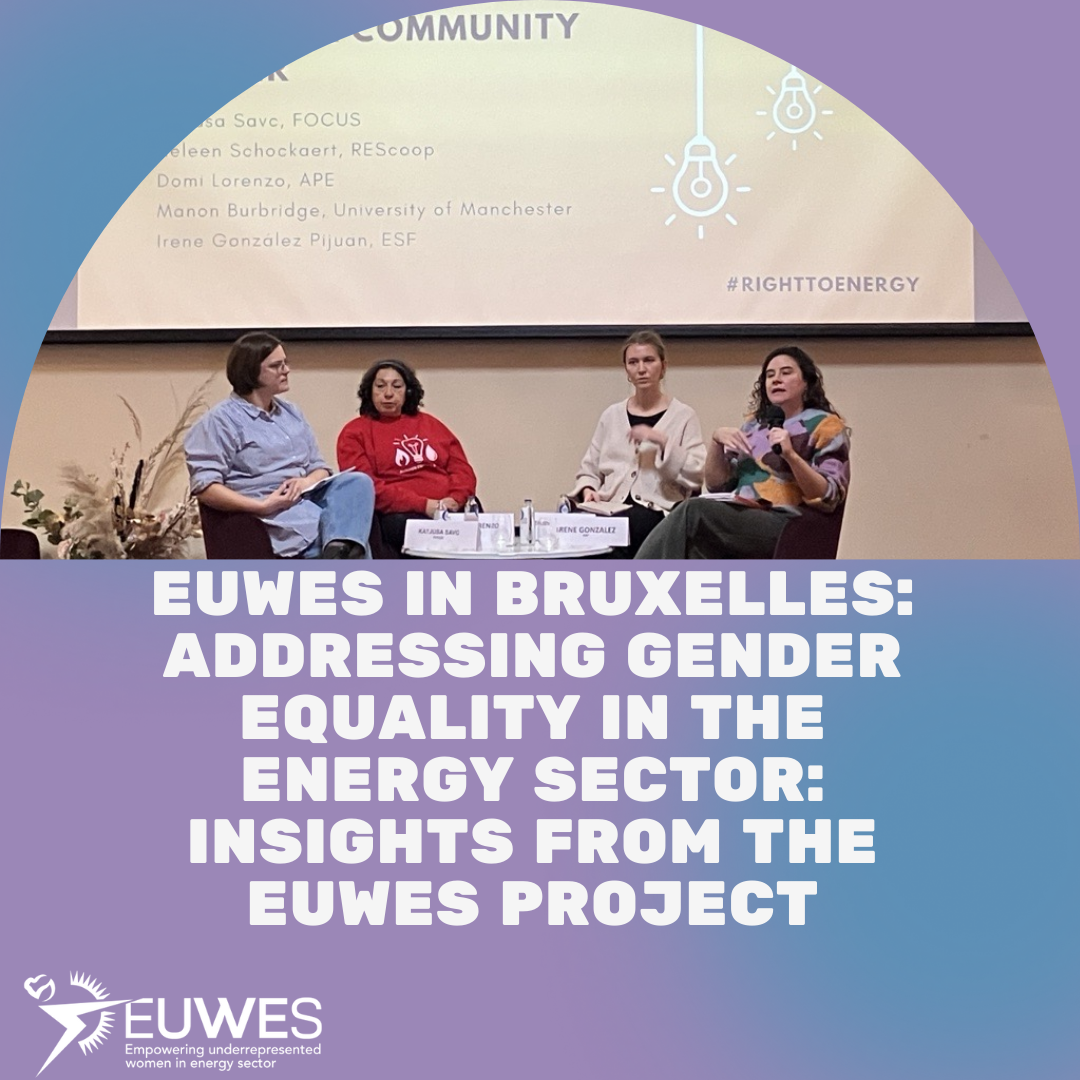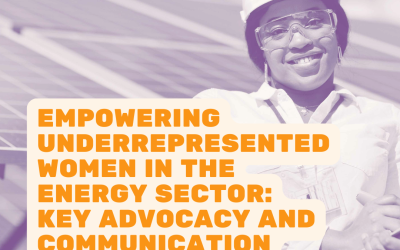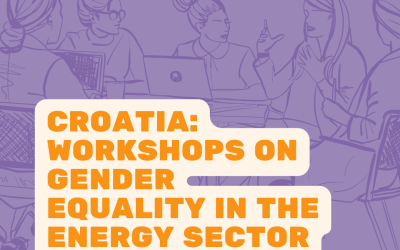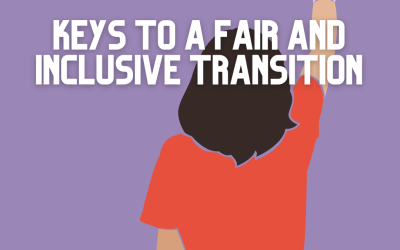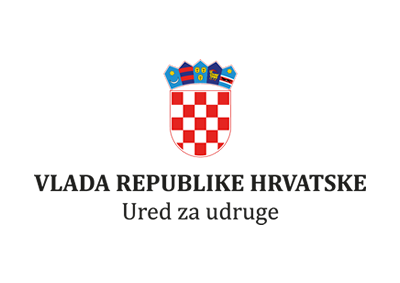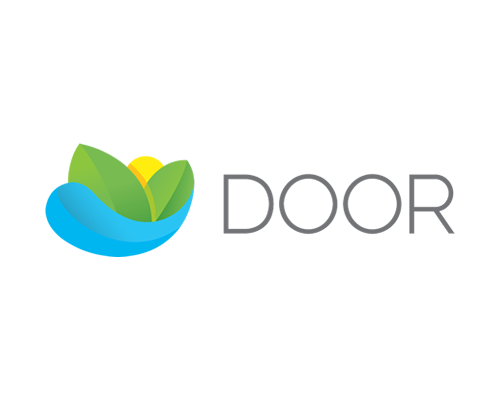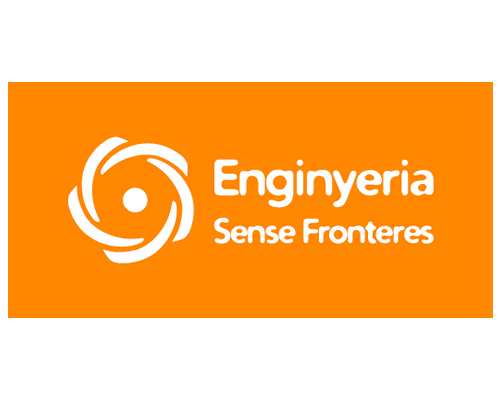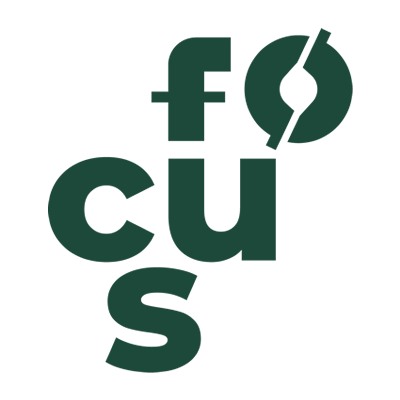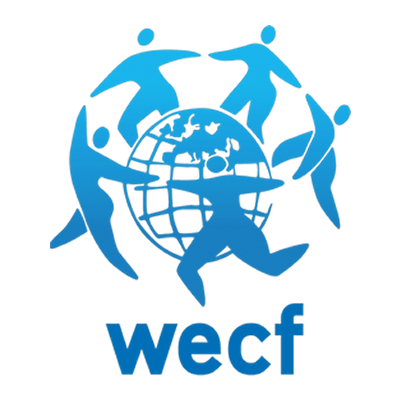Conference Right To Energy – panel discussion.
On December 2nd at the Right To Energy conference in Brussels, project partners Katjuša Šavc (Focus) and Irene Gonzalez Pijuan (ESF) presented the EUWES project during the panel A Feminist Lens on Inclusive Energy Access & Community Power.
The main goal of the EUWES project is to empower women who are underrepresented in the energy sector within the pilot areas of four participating countries: Croatia, Germany, Slovenia, and Spain.
Key Findings and Challenges
- Energy poverty and vulnerability
- Data collection and transparency
- Training and skill development
- Sectoral dynamics and cultural barriers
Bilateral meetings – DG EMPL and DG ENERGY
On December 4th, a two meeting was held – first one at Directorate-General for Employment, Social Affairs, and Inclusion (DG EMPL) and second one at Directorate-General for Energy (DG ENERG).
Directorate-General for Employment, Social Affairs, and Inclusion (DG EMPL)
The main topics revolved around the gender disparities present in the energy sector and the broader implications of energy transition policies on vulnerable groups, particularly women. The group explored the challenges surrounding the underrepresentation of women in energy-related leadership roles, the pay gap, and the need for gender-disaggregated data to inform policy and practice.
Directorate-General for Energy (DG ENERG).
Following this discussion at DG EMPL, a second meeting was held later that day at DG ENERGY to delve deeper into the energy policy landscape and its intersection with gender equality, examining strategies to address these issues at both the national and EU levels. The meetings emphasized the need for inclusive policies that can help mitigate the gendered impacts of energy poverty and ensure that the transition to a green economy includes opportunities for women across all sectors.
Broader implications and future actions
To achieve meaningful change, member states must adopt specific gender-inclusive policies, from training programs to pay transparency measures. Collaboration with NGOs and businesses is crucial to overcoming legal and institutional barriers.
The meeting concluded by emphasizing the need for targeted resources and consistent awareness-raising to ensure gender equality remains a priority. The energy transition offers a pivotal opportunity to integrate women into a traditionally male-dominated sector, but sustained effort and accountability are necessary to bridge the gap.
